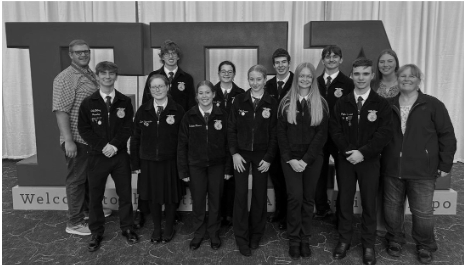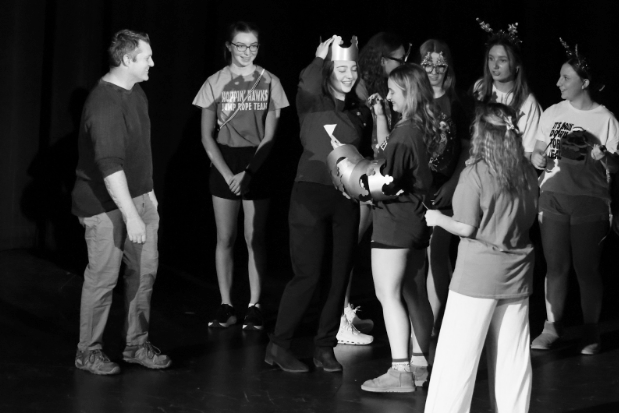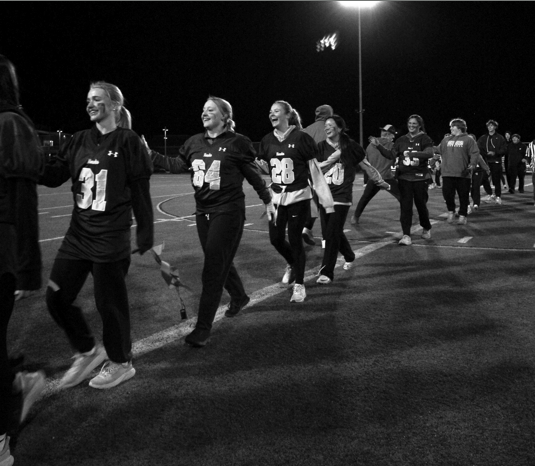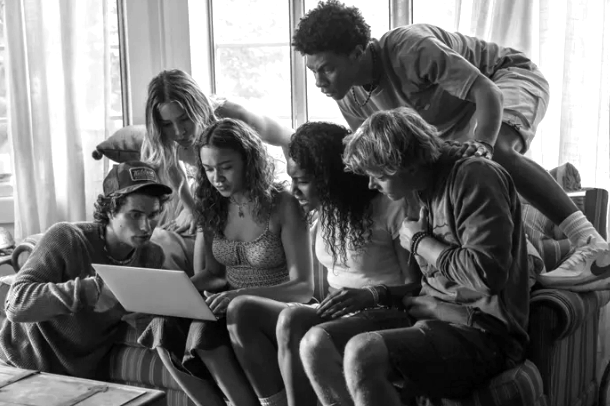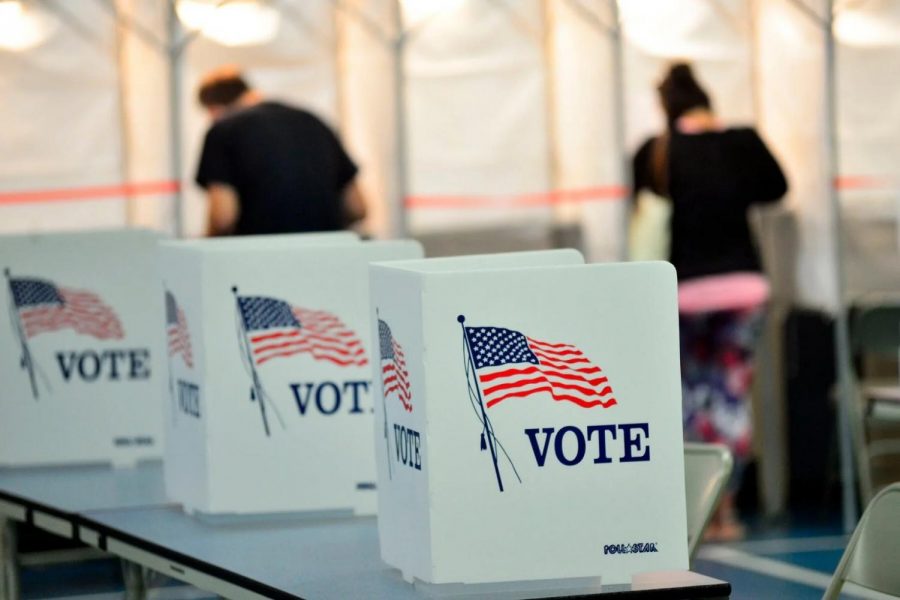Media mania: Where Voting Info Comes From
October 20, 2020
Social Media. Named the epitome of downfall for this generation. Pinpointed as the addiction for all teens. Frowned upon for being used as the source of any information. And yet that stereotype is refuted when it comes to politics.
When 169 North Harford students were polled, 56 percent said that they did not use social media to access information about who to vote for. Slightly more than half contradicted the stereotype about teenagers, mostly consisting of those not able to vote in the election this year.
Directly correlating, only “about one in five U.S adults say they get their political news primarily through social media” (Pew Research Center). Statistically, half of the percentage of teenagers, adults in this poll are of age to vote in the 2020 election. So if social media is not the source of political news, where do people get their information about who to vote for?
Of 155 North Harford students polled, “other online source” was the number one choice of where information is accessed about politics. Online sources can include political websites, electronic newspapers, blogs, search engines, and video broadcasting platforms. The poll followed with television networks at 28 percent and social media in third at 27 percent. Senior Caroline Ulmer directly supports this stating, “I mainly get my political information from political websites, social media, and the news.”
As society continually adapts and improves, the days are gone where political information came from a select group of newspapers or TV networks. No longer is it easy to know if something is reliable or unbiased.
Junior Maggie Sadiq reveals, “I always avoid looking at FOX or CNN because both are incredibly biased.” Both news networks are widely known for being partisan to the left or right. Ulmer agrees, “I try to look at both sides to gauge a better understanding of what may be biased” because “both parties skew things some of the time.”
Preconceived views from parents can also biasly affect where people go to get political information. Senior Jackson Miller explains, “I have done research on what I think on my own, as we don’t agree all the time on politics. I would say it does affect where I get my information.”
And with the election growing nearer, many stress the importance of knowing where to gather factual information to solidify who you decide to vote for. Ulmer emphasizes, “it’s essential to be politically educated and make an effort to understand politics, especially as you grow older and gain the responsibility to vote.”
